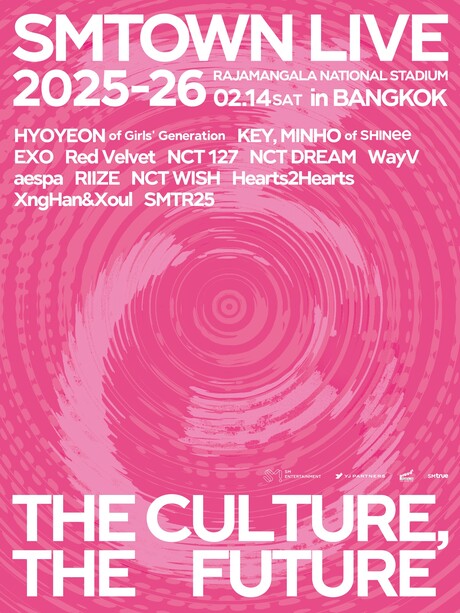In today's digital landscape, professional photographers must navigate an increasingly complex social media ecosystem to showcase their work and build successful careers. The photography industry has fundamentally shifted toward online platforms, making social media presence not just beneficial but essential for photographers seeking to establish their brand, attract clients, and generate consistent income.
Instagram remains the cornerstone platform for photographers, offering the most visually-driven environment where high-quality imagery takes center stage. The platform's algorithm favors consistent posting, authentic engagement, and strategic use of hashtags, making it crucial for photographers to understand how to optimize their content for maximum visibility. Instagram Stories and Reels have become particularly important features, allowing photographers to share behind-the-scenes content, showcase their creative process, and connect with audiences on a more personal level.
Facebook continues to serve as a vital platform for photographers, particularly those focusing on local markets and event photography. The platform's sophisticated advertising tools enable photographers to target specific demographics, geographic locations, and interests, making it invaluable for wedding photographers, portrait specialists, and commercial photographers seeking to reach potential clients in their area. Facebook's group functionality also provides opportunities for photographers to join professional networks, share knowledge, and collaborate with peers.
LinkedIn has emerged as an unexpectedly powerful platform for commercial and corporate photographers. The professional networking site allows photographers to connect directly with art directors, marketing managers, and business owners who make purchasing decisions for commercial photography services. By sharing industry insights, case studies, and professional achievements, photographers can establish themselves as thought leaders and attract high-value commercial clients.
Pinterest offers unique advantages for photographers, particularly those specializing in lifestyle, wedding, and portrait photography. The platform's search-driven nature means that well-optimized images can continue generating traffic and leads months or even years after posting. Pinterest users often have high purchasing intent, making them valuable prospects for photographers offering session bookings and print sales.
TikTok has rapidly become essential for photographers looking to reach younger audiences and showcase their creative process. The platform's short-form video format is perfect for time-lapse photography sessions, before-and-after reveals, and educational content about photography techniques. Many photographers have found success by sharing quick tips, equipment reviews, and glimpses into their daily work routine.
YouTube serves as the premier platform for photographers who want to establish themselves as educators and thought leaders in the industry. Long-form content allows photographers to create detailed tutorials, gear reviews, and behind-the-scenes documentaries that can generate substantial advertising revenue and attract workshop attendees. The platform's search functionality also makes it valuable for photographers targeting specific keywords and techniques.
Twitter, while less visual than other platforms, provides photographers with opportunities to engage in industry conversations, share quick updates, and connect with photography publications and influencers. The platform's real-time nature makes it ideal for sharing breaking news, industry insights, and participating in photography-related hashtag conversations that can increase visibility and credibility.
Behance and 500px cater specifically to creative professionals and offer photographers platforms to showcase their best work in portfolio format. These platforms are particularly valuable for fine art photographers and those seeking to license their images, as they attract art buyers, gallery owners, and stock photography agencies actively searching for new talent.
Success across these platforms requires understanding each platform's unique culture, optimal posting times, and content formats. Photographers must develop platform-specific strategies while maintaining consistent branding and messaging across all channels. The most successful photographers treat social media as a long-term investment, focusing on building authentic relationships with their audience rather than pursuing quick gains or viral content that doesn't align with their brand values.






























